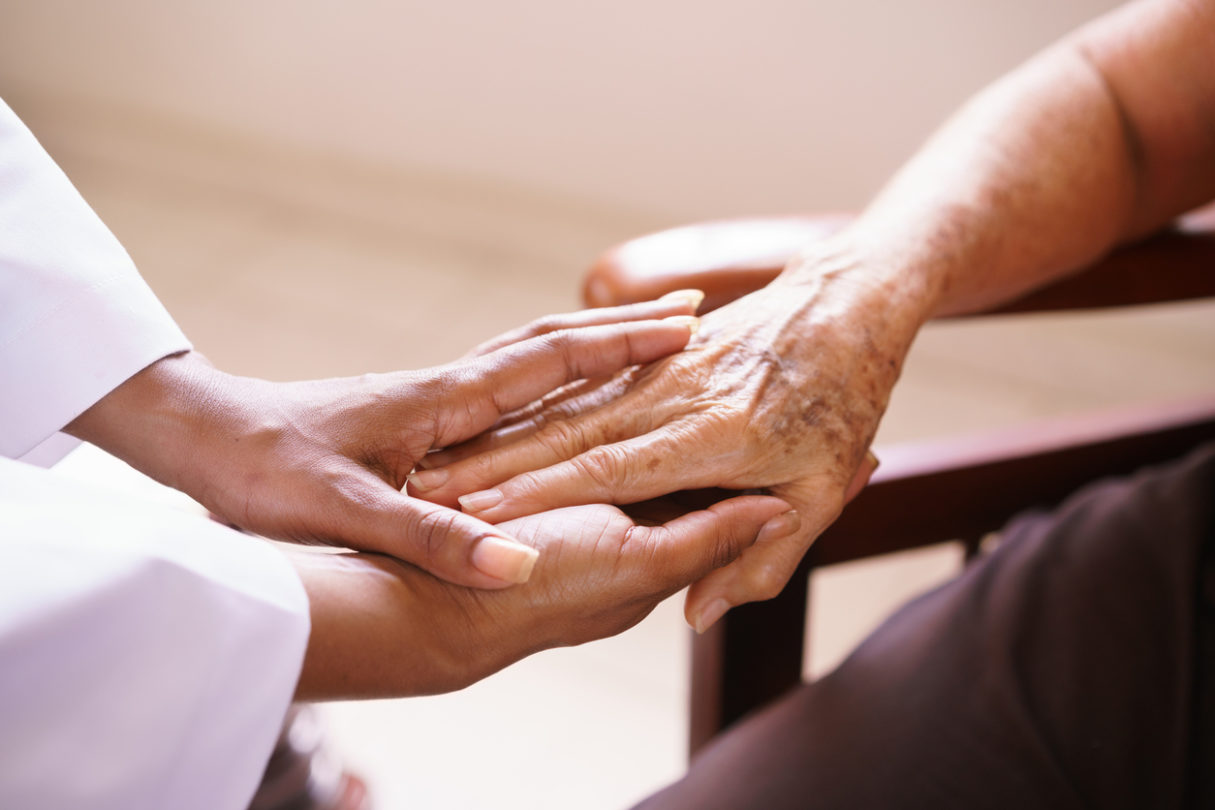
Despite California’s leadership in expanding health coverage to a record number of Californians, we have a crisis that hardly anyone is addressing: Our state still fails to provide the quality—and quantity—of care needed by our largest ethnic group.
According to research from the UCLA Latino Policy & Politics Initiative, Latinos represent over 40 percent of California’s population but make up less than 12 percent of graduating physicians from the state’s medical schools. At the current rate, it will take 500 years to reach a point where the number of Latino physicians is proportional to the number of Latino patients.
On January 15, The Greenlining Institute, the Latino Coalition for a Healthy California, and the Latino Policy & Politics Initiative hosted a policy briefing to discuss solutions to address California’s Latino physician crisis. This discussion came hours after the California Future Health Workforce Commission released its formal recommendations to modernize the state’s health workforce delivery system.
Despite an extensive analysis, the commission’s report did not adequately highlight the gravity or scale of our Latino physician crisis. To put this into context, there are approximately 405 non-Hispanic white physicians for every 100,000 non-Hispanic white patients, but only 46 Latino physicians for every 100,000 Latino patients.
It’s no coincidence that communities of color—who are underrepresented in almost all health professions—are disproportionately affected by poor health outcomes. According to the federal Office of Minority Health, Latinos suffer from heart disease, cancer, diabetes and other chronic diseases at much higher rates than whites. Furthermore, they are less likely to have health insurance and are twice as likely to live at or below the poverty level.
This health vulnerability means Latinos urgently need access to culturally and linguistically appropriate care.
Increasing the number of Latino physicians across the state will benefit all Californians. Having diverse physicians who are culturally and linguistically competent improves the quality of health care for everyone.
How can we address this crisis? For starters, the Latino Policy & Politics Initiative recently released a series of landmark policy briefs outlining the various challenges Californians face in accessing health care and the reforms needed to address the lack of Latino physicians. We need to increase medical school admissions for Latino students and Spanish speakers, incentivize Latino medical school graduates who are trained out-of-state to practice in California, certify more physicians trained outside of the United States to practice in California, and increase the number of California residency slots. One key proposal urges state legislators to appropriate at least $100 million to expand residency slots. In addition, medical schools must ensure their admissions programs robustly recruit Latino students.
So far, Gov. Gavin Newsom has followed through on his promises to make health care a priority. He released a budget expanding health coverage to undocumented young adults up to the age of 26, appointed California’s first surgeon general, and threw his support behind a flurry of proposals aimed at increasing affordability, access and quality of care across the state—all in his first week in office. This bodes well for California’s future, but it’s not sufficient to address the health needs of California’s culturally and linguistically diverse communities.
If the state continues to turn a blind eye toward the Latino physician crisis, we risk perpetuating or worsening health disparities that harm the Latino population and other disenfranchised communities. Action on this issue requires policymakers, educational institutions and health employers to prioritize racial equity and move boldly to address our critical shortage of Latino physicians.
Sonja Diaz is the executive director of the UCLA Latino Policy & Politics Initiative. Jeffrey Reynoso is the executive director of the Latino Coalition for a Healthy California. Anthony Galace is the director of health equity at The Greenlining Institute.





